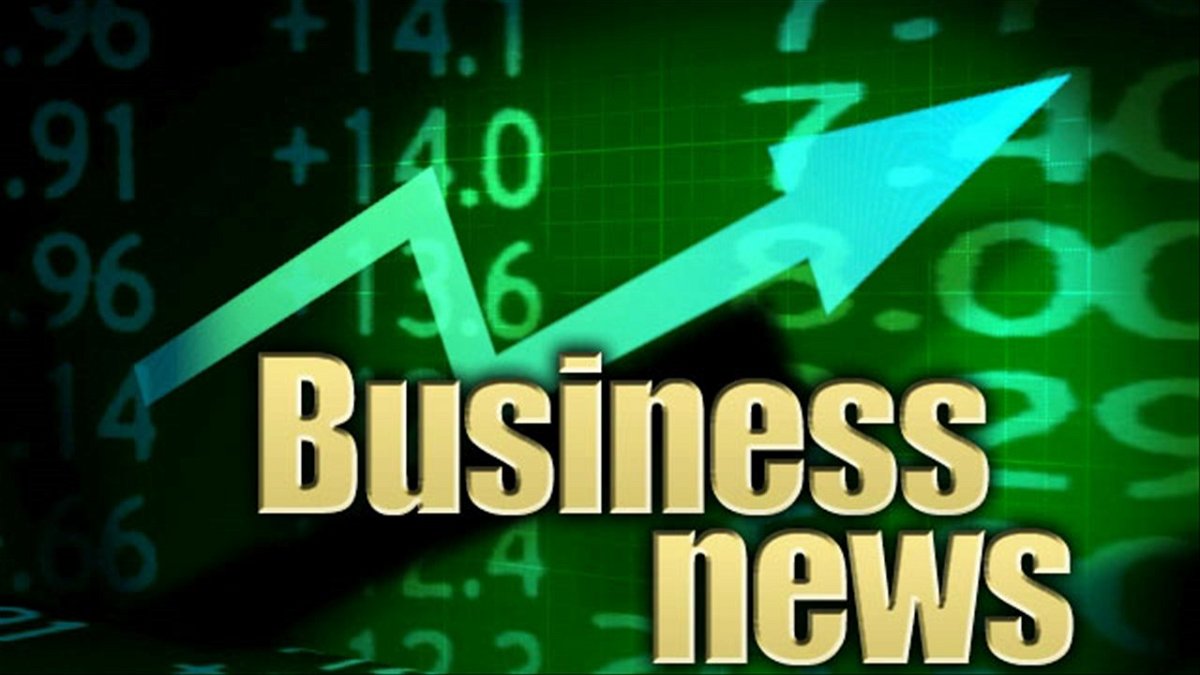A sign of the times: Nervous CEOs are spending less cash

Happy Monday. A version of this story first appeared in CNN Business’ Before the Bell newsletter. Not a subscriber? You can sign up right here.
American CEOs are worried — so worried, in fact, that their spending is slumping at the fastest rate in a decade, according to a new report from analysts at Goldman Sachs.
The investment bank said that it expects cash spending on capital projects, research and development, mergers and acquisitions, buybacks and dividends to decline by 6% in 2019, the sharpest drop since 2009.
Cash spending for S&P 500 companies is forecast to rebound slightly in 2020, rising 2% to $2.7 trillion. In the meantime, uncertainty is driving executives to err on the side of caution.
The scene, per Goldman: “Companies spend less cash when policy uncertainty is high. During August, global economic policy uncertainty registered the highest level in at least 20 years … The combination of the ongoing trade conflict and next year’s US presidential election will likely result in lingering uncertainty.”
Goldman doesn’t expect the United States and China to strike a deal that substantially reduces tariffs before the 2020 election.
Why you should care: The American consumer has shown continued signs of strength, allaying fears of a US recession. At the same time, weakness in manufacturing and corporate sentiment is weighing on growth.
Remember: Bank executives such as JPMorgan Chase CEO Jamie Dimon called out weak corporate confidence during the bank’s earnings last week.
Even so, America’s biggest bank is finding reasons to stay optimistic. “I would say, no doubt, cautionary signs, but credit remains very good, and there’s still very healthy business activity,” Jennifer Piepszak, JPMorgan’s chief financial officer, told analysts.
The interest rate cut that wasn’t
The People’s Bank of China was widely expected to cut its benchmark interest rate, the Loan Prime Rate, on Monday. It didn’t deliver, my CNN Business colleague Laura He reports.
The surprise decision to hold rates steady followed worse-than-expected GDP data last week. Growth for the third quarter dropped to 6%, the lowest level in nearly three decades.
That led many analysts to conclude that more stimulus from the country’s central bank was inevitable. But the bank may have been swayed by signs of a pickup in September, which saw healthier industrial production and retail sales.
What the central bank may be thinking: “The question now is whether China believes it’s unnecessary to reduce interest rates given better than expected September data, or whether it wants to keep the interest rate cut ‘bullet’ for the future in case trade tensions escalate further,” Iris Pang, a China economist at ING, wrote in a note to clients Monday.
The United States and China are racing to nail down a “phase one” trade deal before a meeting in Chile in mid-November. In the meantime, the truce between the world’s two largest economies looks tenuous at best.
The pound is standing its ground
Despite a complete lack of clarity on where the Brexit process goes next, the pound is holding steady on Monday — though investors are bracing for more volatility.
Sterling initially ticked lower after Parliament voted over the weekend to delay a “yes or no” vote on Prime Minister Boris Johnson’s Brexit agreement, forcing him to ask the European Union for another extension. But by the middle of the morning in London, the pound was climbing toward $1.30 again, a sign that investors think Johnson may have the votes to get his deal through early this week.
“Sterling bulls have been disappointed due to members of Parliament failing to pass Boris Johnson’s deal, however optimism remains high that the deal will pass this week,” said Hussein Sayed, chief market strategist at FXTM, a currency broker.
Another reason for the currency’s resilience? The risk of a disorderly “no-deal” Brexit has diminished since Johnson asked for an extension. Goldman Sachs now puts the risk of a no-deal departure at 5%, down from 10%.
Up next
SAP reports earnings before US markets open. TD Ameritrade follows after the close.
Coming tomorrow: Full steam ahead on corporate earnings. The lineup includes UBS, Harley-Davidson, Hasbro, McDonald’s, Procter & Gamble, UPS, Chipotle and Snap.
